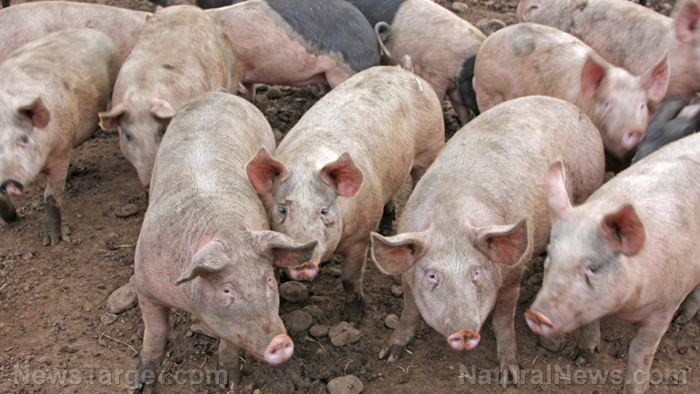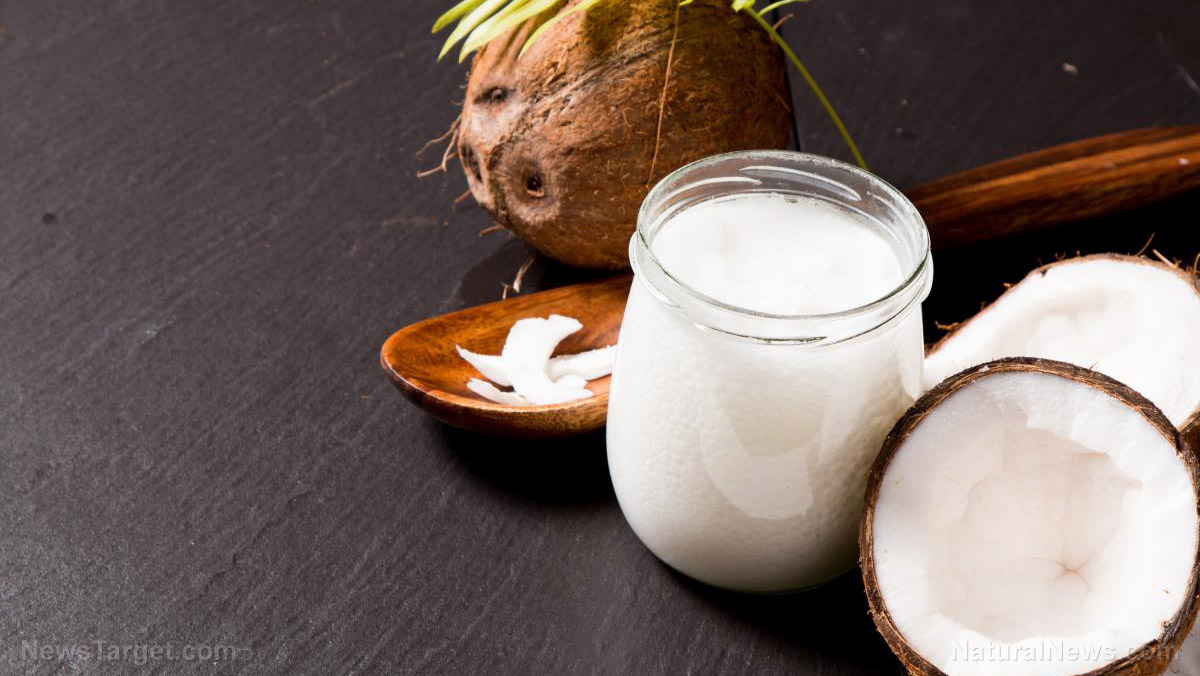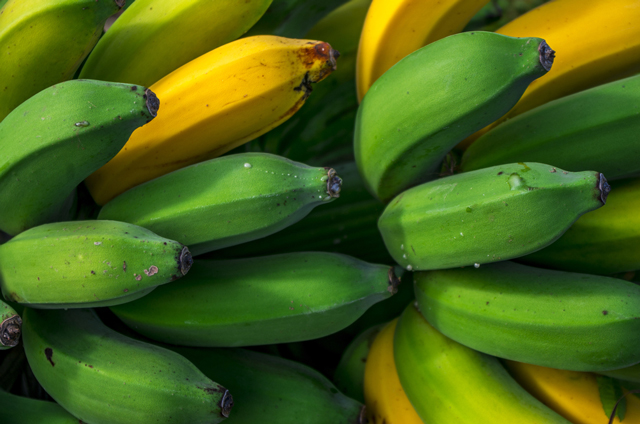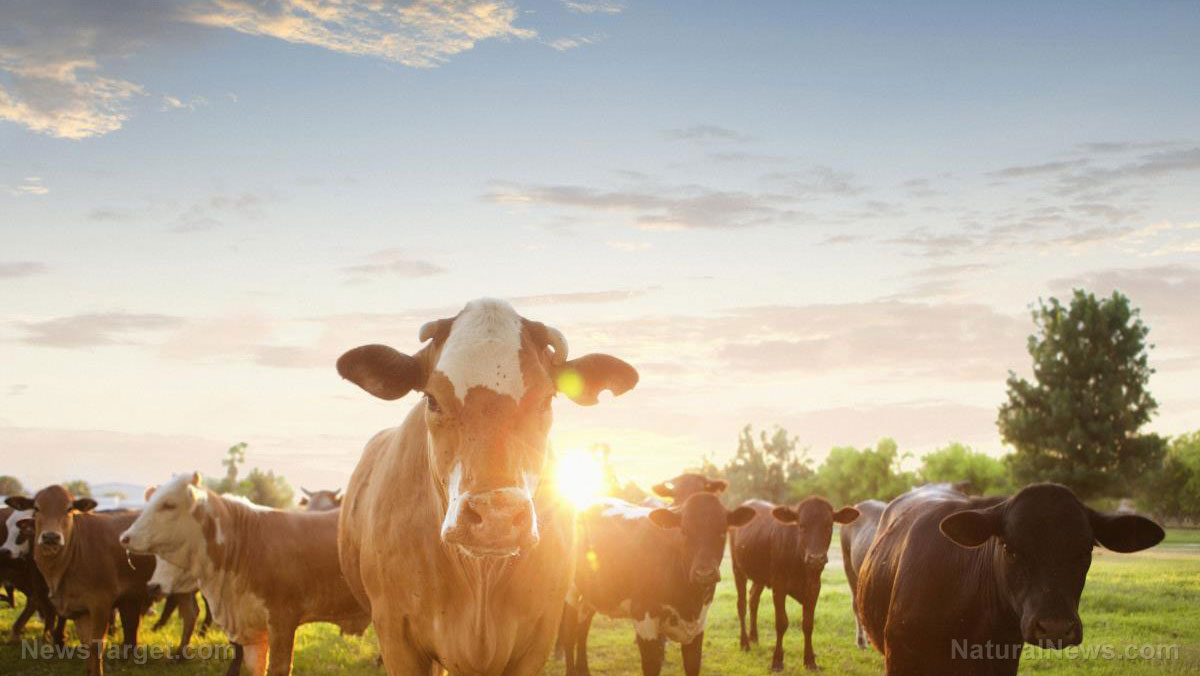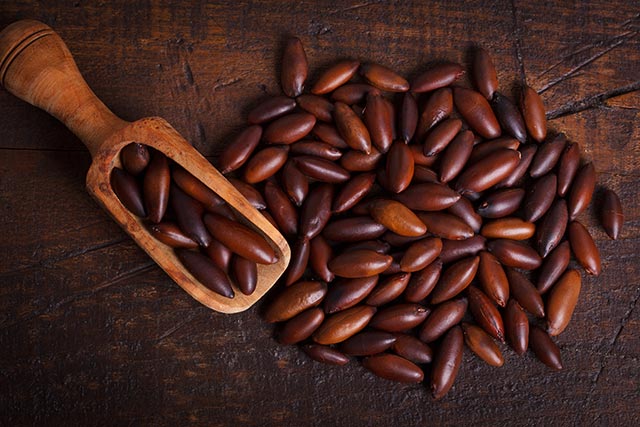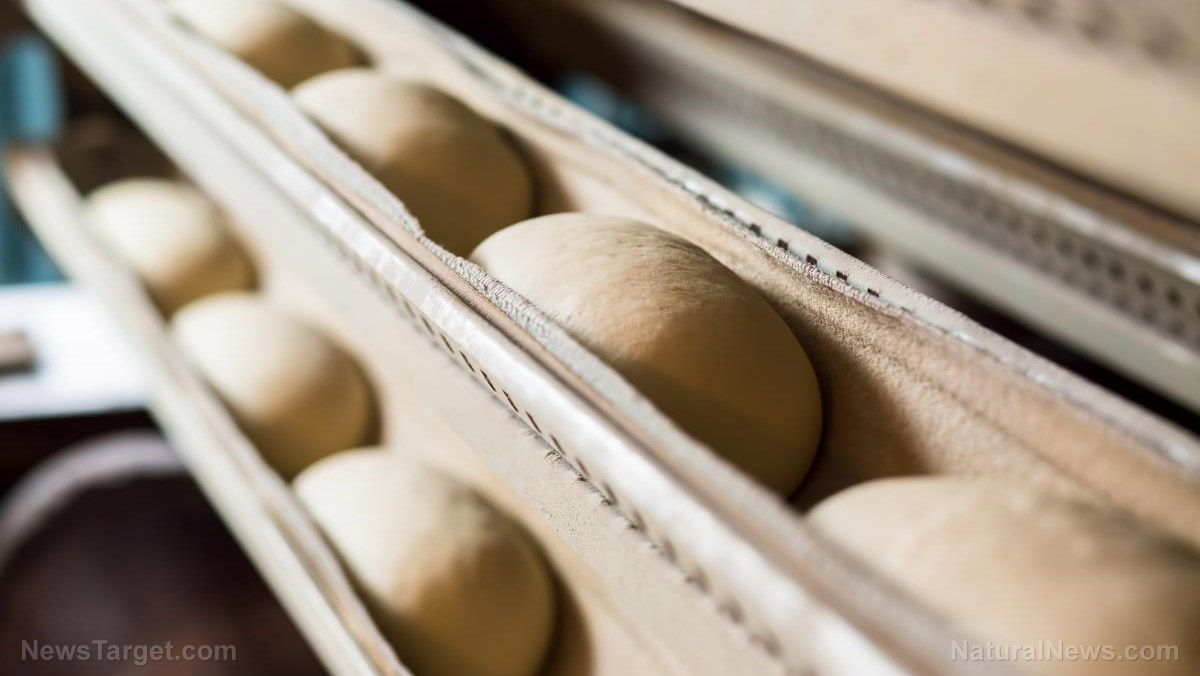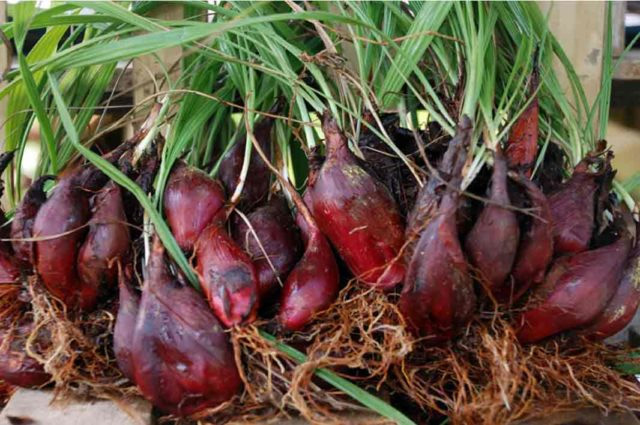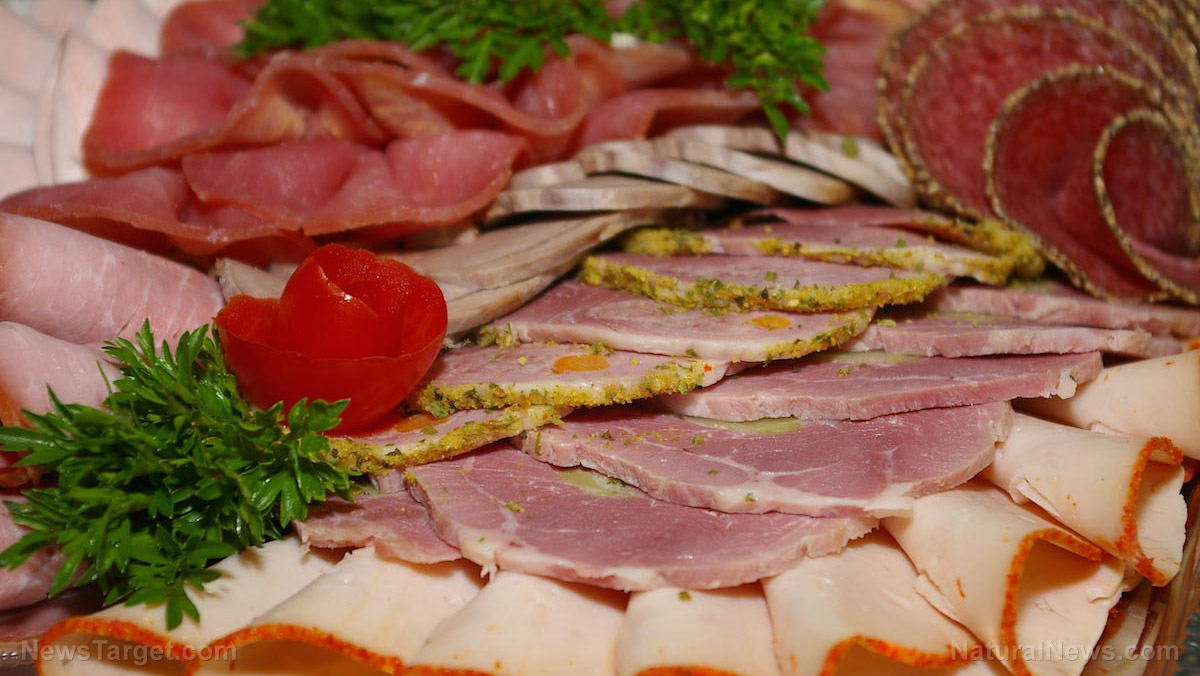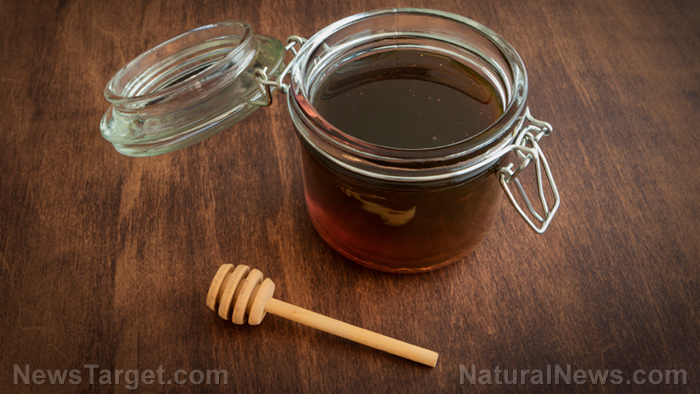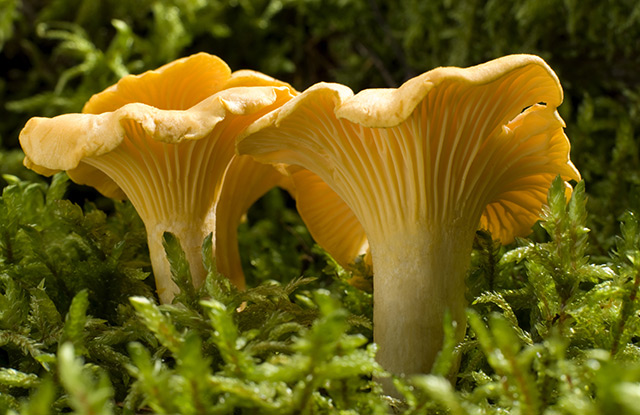Pumpkins are a natural and delicious way to keep your heart strong if you’re obese
10/20/2018 / By Michelle Simmons

Obesity is one of the main risk factors for the development of cardiovascular disease and many other chronic illnesses. Fortunately, researchers continue to search for natural ways to prevent the onset of these diseases. In a study published in the Journal of Complementary and Integrative Medicine, researchers found that pumpkins can keep the heart healthy even with obesity.
In the study, researchers from Birjand University of Medical Sciences in Iran examined the anti-obesity effects of pumpkin in obese mice. Pumpkin is known to be rich in powerful antioxidants, and it contains lipid-lowering and anti-diabetes properties.
For the study, the researchers randomly divided 30 adult mice into five groups: a healthy control group, an obese control group, and three experimental groups with obese mice that received pumpkin extract once a day at doses of 100 milligrams per kilogram (mg/kg), 200 mg/kg, and 400 mg/kg, respectively. Obesity was induced by feeding mice a high-fat diet. Meanwhile, the treatment with pumpkin extract went on for a period of six weeks. After the treatment period, the researchers measured the lipid profile, lipoprotein levels, liver enzymes, and oxidative stress status of the mice.
Based on the results, the mice groups that received the pumpkin extract showed significant reductions in their triglycerides and low-density lipoprotein (LDL) or “bad” cholesterol. At the same time, the pumpkin extract greatly increased their high-density lipoprotein (HDL) or “good” cholesterol. In addition, the pumpkin extract increased glutathione level of the treatment groups compared to the obese control group. The effects of the pumpkin treatment were dose-dependent.
Based on the findings of the study, the researchers concluded that pumpkin can reduce the risk of cardiovascular disease in obese individuals by reducing oxidative stress and improving cholesterol levels.
Nonetheless, the study does not indicate that it is okay to be obese as long as you eat a lot of pumpkins. Remember that obesity is also a risk factor for other chronic diseases, such as diabetes, stroke, arthritis, and some cancers. The key to achieving and keeping a healthy weight is through practicing a healthy lifestyle that involves eating healthily and having regular physical activity. (Related: Obesity? Heart Disease? Diabetes? Cancer? Maybe it’s not your genes–it’s your lifestyle.)
Other benefits of pumpkins
Pumpkin is a type of winter squash that is native to North America, where it is particularly popular during Thanksgiving and Halloween. Here are more reasons to eat pumpkin:
- It is rich in vitamins and minerals: Pumpkin contains vitamins and minerals such as vitamins C, B2, and E, iron, potassium, copper, manganese, and protein. It is particularly rich in beta-carotene, a carotenoid which is converted by the body into vitamin A. Despite being packed with all these nutrients and minerals, pumpkin is relatively low in calories and contains 94 percent water.
- It is packed with strong antioxidants: Pumpkin contains many antioxidants, such as alpha-carotene, beta-carotene, and beta-cryptoxanthin, that can protect body cells from free radical damage which causes diseases. These antioxidants can also help lower the risk of certain cancers, such as that of the stomach, throat, pancreas, and breast.
- It boosts the immune system: The vitamins A and C in pumpkins can help enhance the immune system. Its vitamin E, iron, and folate content may also strengthen the immune system.
- It supports eye health: In addition to vitamin A, pumpkin also contains lutein and zeaxanthin. These vitamins and nutrients can help preserve and improve eyesight.
- It is good for the skin: The beta-carotene in pumpkin also serves as a natural sunblock. Pumpkin also contains vitamin C, which is needed by the body to produce collagen — a protein that keeps the skin strong and healthy. In addition, lutein, zeaxanthin, iron, and many other antioxidants can enhance the skin’s defenses against ultraviolet rays.
Incorporating pumpkin to your diet is relatively easy because of its delicious sweet flavor and versatility. It can be roasted, pureed into soup, or baked into pies, custards, and pancakes. Its seeds are also edible and packed with nutrients.
Read more news stories and studies on natural ways to prevent heart disease by going to HeartDisease.news.
Sources include:
Tagged Under: cardiovascular disease, cardiovascular health, cholesterol, cholesterol levels, food science, insulin resistance, natural healing, natural medicine, natural remedies, obesity, pumpkin, pumpkin extract, squash, triglycerides

